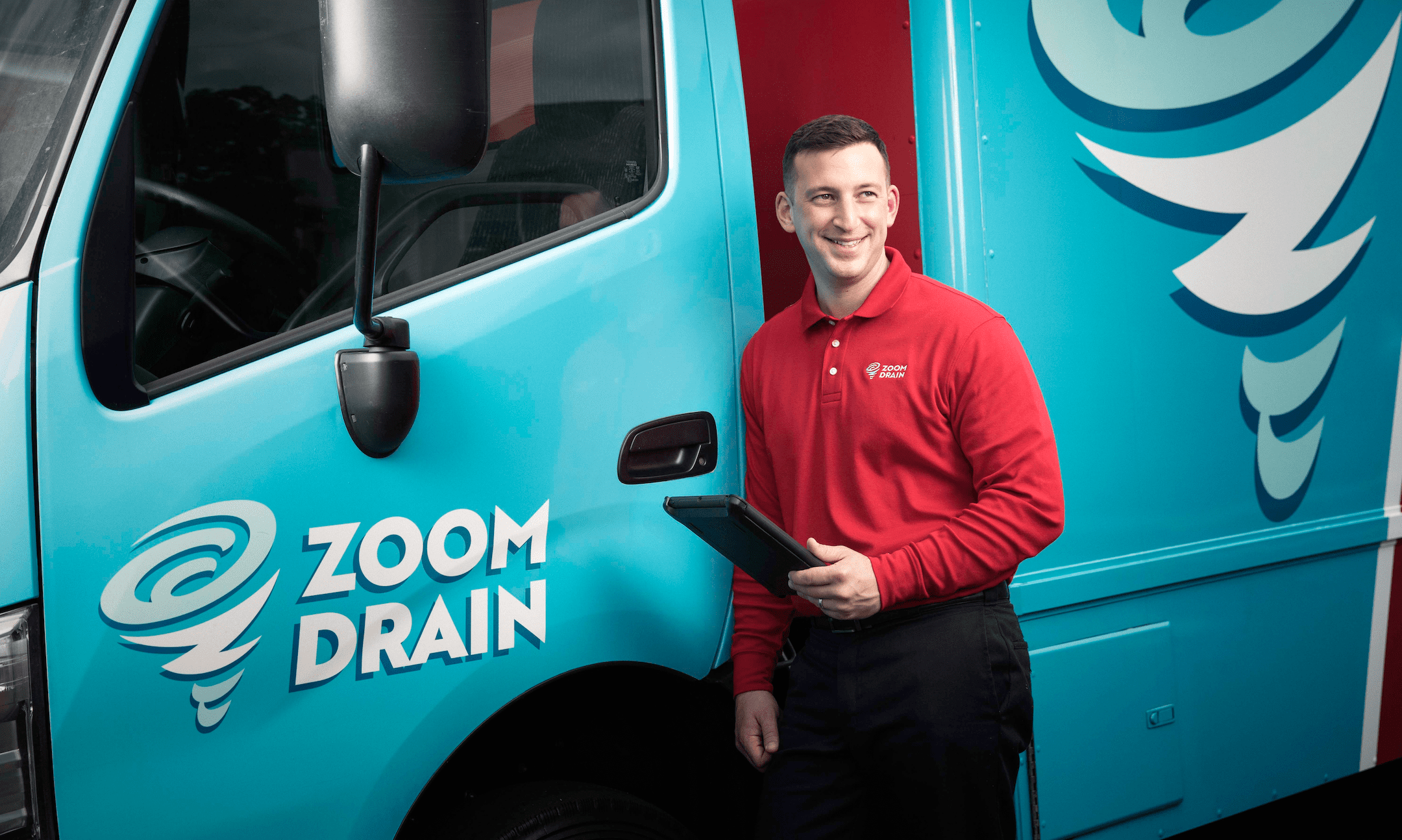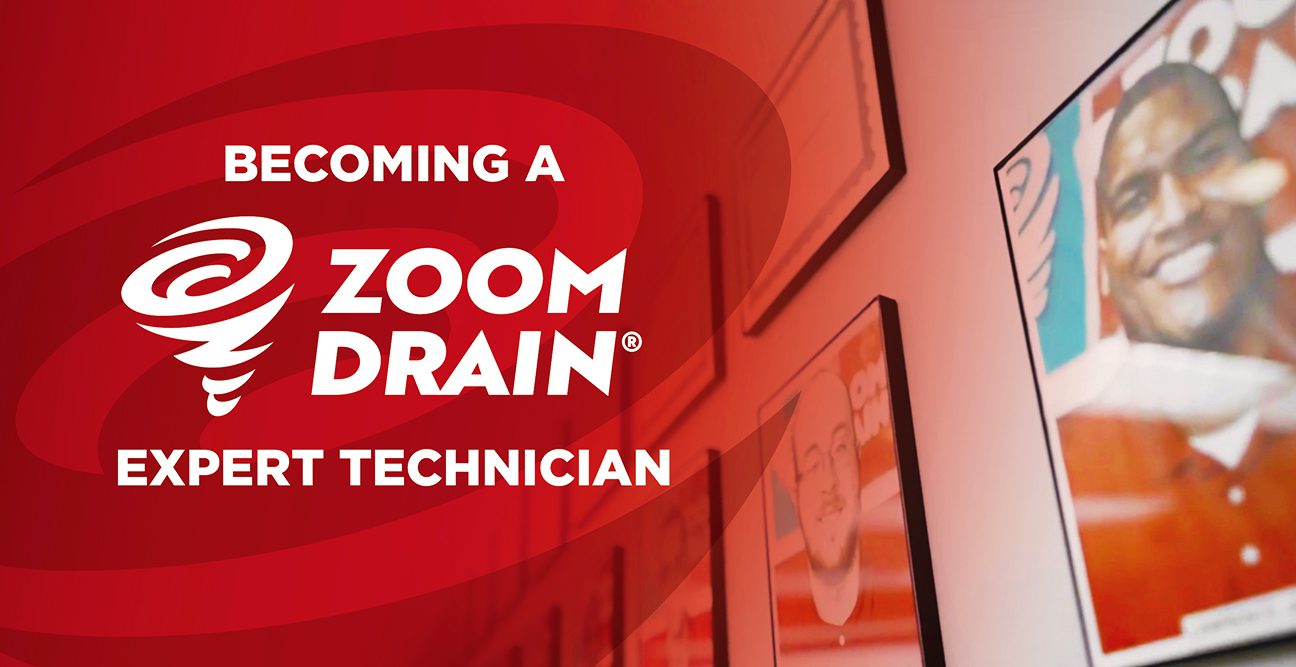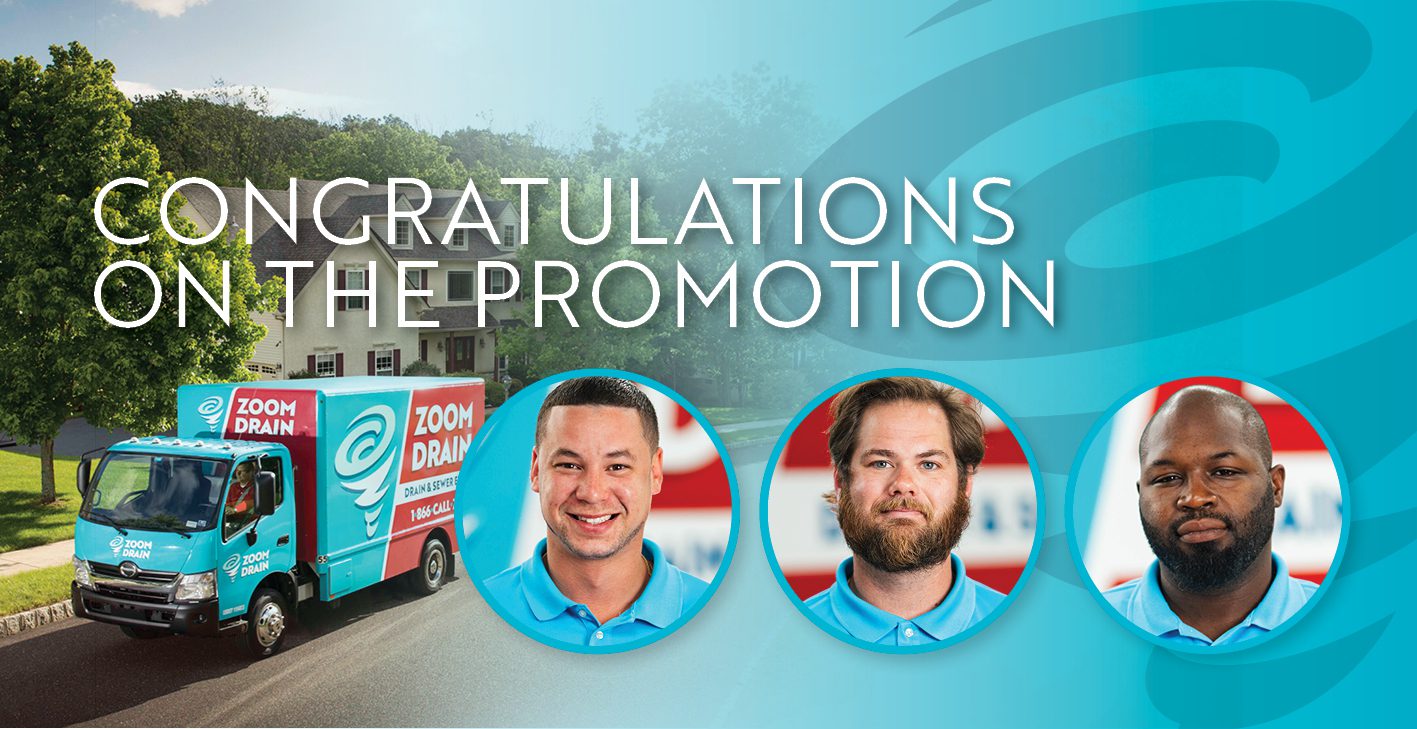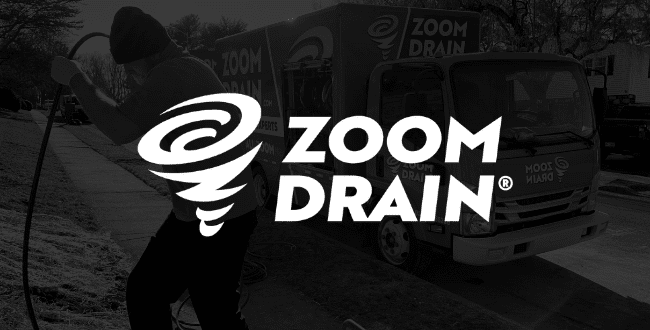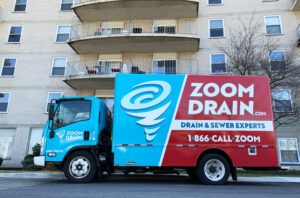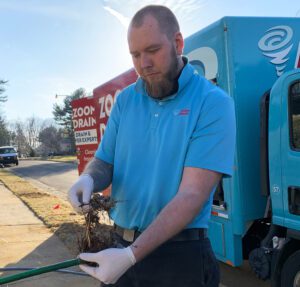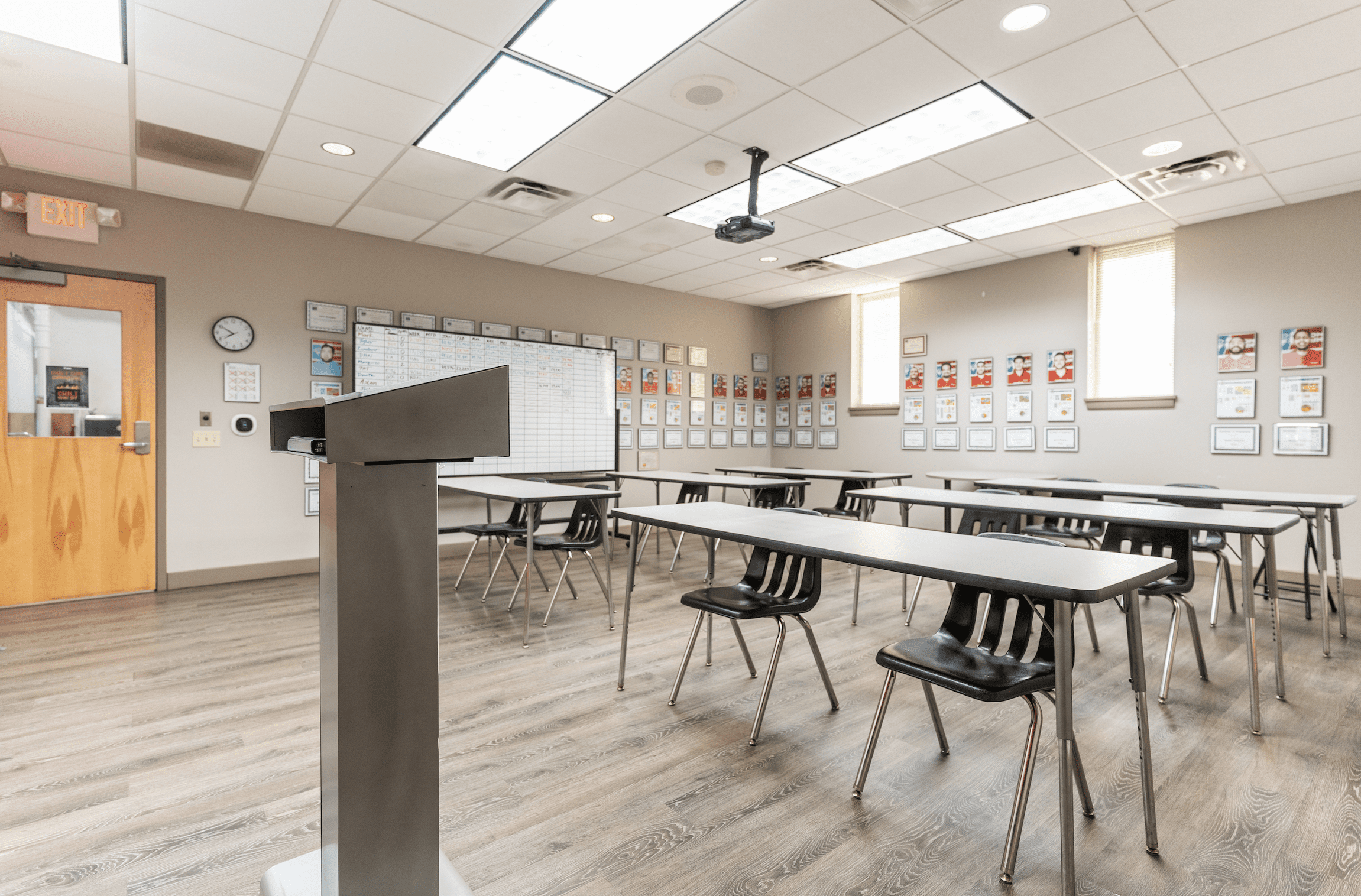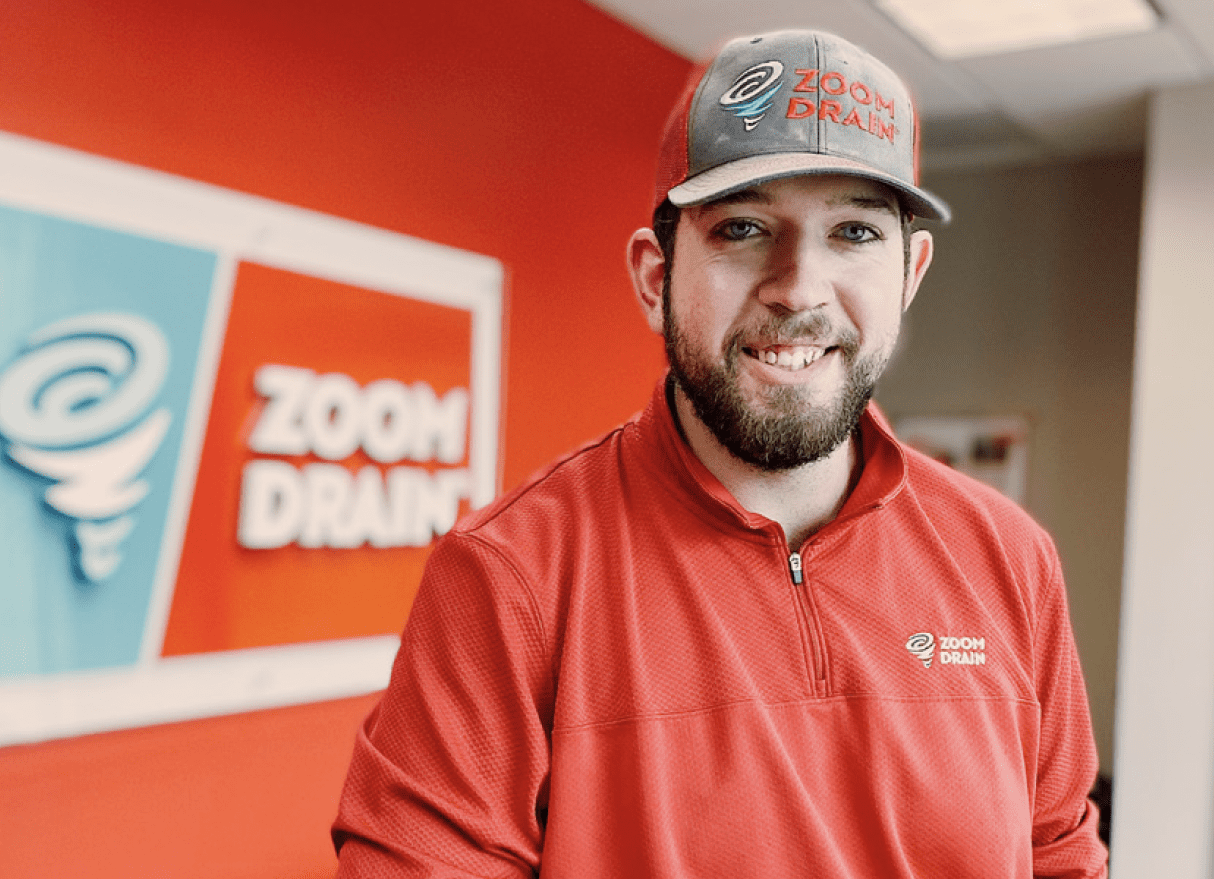The New Year is here. Like many, the advent of a new year ahead has us reflecting on the year that’s passed and looking forward to what’s next. Often, people make resolutions and significant changes at the start of a new year. Perhaps you’ve been contemplating your next step. If you’ve ever considered working in the trades, now is the time to take the first step with a career at Zoom Drain.
Embarking on a career as a Zoom Drain Technician offers an opportunity like no other. With a focus on specialized drain and sewer services, Zoom Drain stands apart in the home services industry, providing not just a job, but a path to a rewarding career.
Expertise in a Specialized Field
Zoom Drain is not your average drain and sewer service provider. As a technician, you’ll be a specialist, using state-of-the-art technology and methods. This focus means you become an expert in a niche area, setting you apart in the industry. You’ll deal with everything from high-velocity water jetting to video inspections and trenchless pipe repairs, offering a diverse and technically engaging work experience.
Continuous Learning and Growth
Zoom Drain values continuous learning. As a technician, you’ll have access to in-house training programs that not only enhance your technical skills but also focus on customer service excellence. This ongoing education ensures that you’re always at the forefront of industry developments, making your work both challenging and fulfilling.
A Culture of Respect and Integrity
Working with Zoom Drain means being part of a team that values integrity, professionalism, and respect. Technicians are not just employees; they’re ambassadors of the brand, trusted in customers’ homes and businesses. This trust is built on a foundation of ethical service and a commitment to customer satisfaction, something every Zoom Drain Technician takes pride in.
Competitive Compensation and Benefits
A career with Zoom Drain is not just personally rewarding; it’s financially rewarding too. Competitive compensation, opportunities for advancement, and a supportive work environment make it a desirable workplace. The company understands the value of its technicians and ensures they are well-compensated for their expertise and dedication.
Make a Real Difference
As a Zoom Drain Technician, you’re not just fixing pipes; you’re providing peace of mind. Whether it’s responding swiftly to emergencies or ensuring that a business’s operations can run smoothly, your work has a direct, positive impact on people’s lives and businesses.
Becoming a Zoom Drain Technician offers a unique blend of technical expertise, continuous learning, a respectful work culture, competitive compensation, and the satisfaction of making a real difference. If these are qualities you seek in a career, Zoom Drain might just be the perfect fit for you. Find out more here.

